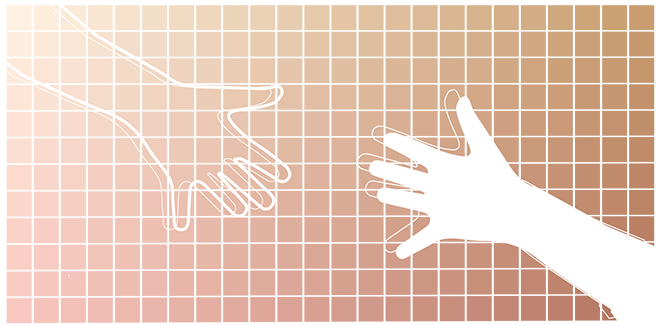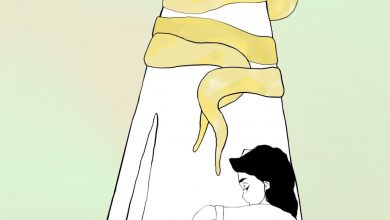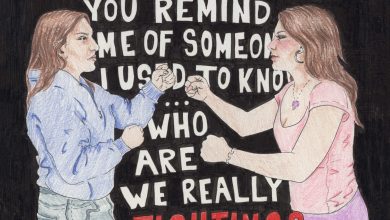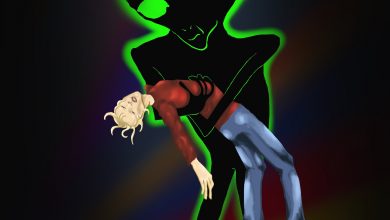Feminism 101: What is White Passing Privilege?

Design by Jennifer Dodge
Racial passing is when someone’s features cause them to be mistaken for another racial or ethnic group. Depend on what race or ethnicity people pass as, they can experience different treatment which can be advantageous or detrimental. White passing privilege is the additional privilege some people of color (POC) are afforded when their features, such as skin color or hair texture, cause them to be mistaken as white. For instance, white passing Latinx people will most likely avoid being racially profiled, questioned about their citizenship or lack thereof, or doubted for their English-speaking skills or education status. Prominent actors of color like Rashida Jones, and Keanu Reeves tend to be white passing — because their white appearances allow them to get larger, more multidimensional roles rather than being typecast.
White passing POC must acknowledge that they undergo different experiences because they are read as “white” by others. People with white passing privilege face little discrimination compared to other members of their communities who are not able to hide their racial identities and are thus constantly fighting for the value of their existence.
White passing privilege is entrenched in colorism, which is defined by Alice Walker in her book “In Search of Our Mothers’ Gardens” as the “prejudicial or preferential treatment of same-race people based solely on their color.” In the U.S., the history of colorism can be traced back to slavery, when lighter-skinned enslaved people would often work in the house as servants and cooks, whereas darker-skinned enslaved individuals were normally forced to work in the fields.
Colorism is also perpetuated by the Eurocentric beauty standards that penetrate different communities. Light skin is idealized most prominently in communities of color and associated with higher socioeconomic status, less damaging racial stereotypes and desirability. Skin lightening products — a billion-dollar industry — are a global commodity. For instance, Unilever’s Fair and Lovely skin lightening cream is rampantly advertised and purchased throughout Southeast Asia.
Young women of color are particularly influenced by Eurocentric standards that sell acceptance and desirability. White women still dominate fashion and media, and so do white beauty standards. Therefore, it is not a coincidence that the most well-known women of color considered beautiful — such as Zendaya, Jennifer Lopez and Rihanna — have lighter skin and straight hair.
However, white passing privilege is not the same as white privilege. People who are white passing are considered so because they contradict the narrow racial stereotypes perpetuated by white people, and, as Niloufar Haidari notes, these “borders of whiteness are policed often in self-interest rather than out of genuine attempts by inclusivity.”
The concept of white passing, which is inherently defined by and centered around white people, implies that a white passing person’s experiences are invalid because they fall into the strict external definitions of “whiteness.” Moreover, this implication dismisses an individual’s heritage and culture solely due to their white-resembling appearance. Skin color is only one aspect of a person’s race and ethnicity, which affects and includes their class, cultural traditions and political beliefs.
Moreover, the standards that define “whiteness” are not solely based on skin color, but instead change over time to implicate the power of certain groups and the simultaneous disenfranchisement of others. For example, prior to 9/11, Iranians were usually considered “white” by white Americans, but increased Islamophobia altered the social perception and treatment of Iranian-Americans. Iranian-Americans are often detained for “extra security measures” at airports or prevented from entering the U.S. without a travel visa if they had visited Iraq within the past five years. Although the definition of whiteness is fluid, it has always signified superiority and privilege within an unfair system designed to benefit its subjugators at the undeniable cost of marginalized communities.
Our feminism must be increasingly intersectional, or cognizant of the differences in oppression people face due to their race, gender, sexual orientation, class and other factors. Individuals must recognize their privilege, even if they experience oppression due to other aspects of their identity, and use this privilege to speak up for those who do not have the power to do so.




